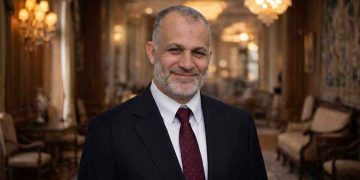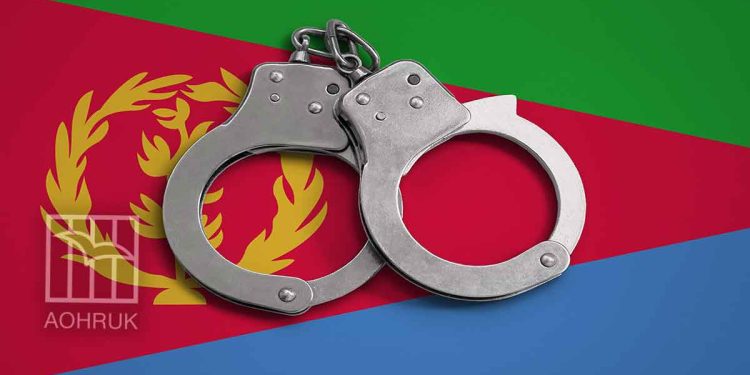Arab Organisation for Human Rights in the UK (AOHR UK) has stated that the Eritrean authorities are pursuing a systematic policy aimed at weakening Islamic religious institutions and eliminating their societal role. This is being done through the closure of religious institutes and schools, the confiscation of endowments, the arrest of scholars and preachers, and the imposition of strict surveillance on the community, constituting a blatant violation of the right to religious education and the free practice of worship. These measures seek to reshape the religious landscape in a way that serves the authorities’ interests and excludes any independent institutions beyond their control.
AOHR UK added that the latest manifestation of this policy is the arrest of Sheikh Adam Shaban, the director of the Qur’an Memorisation Centre in the city of Ghinda, and the seizure of the centre, which has been handed over to the Ministry of Education despite it being an Islamic endowment established more than 45 years ago on land donated by citizen Sayed Mohammed Dawood. The centre originated as the Ghinda Islamic Institute, founded in 1969, which produced generations of scholars and preachers before the authorities closed it in 2000, as part of a campaign that also saw the arrest of several of its teachers.
AOHR UK explained that Sheikh Adam Shaban is one of Ghinda’s senior scholars and the director of the Qur’an Memorisation Centre in the city. He was among the first graduates of the Ghinda Islamic Institute, established by Sheikh Omar Idris Mudawi in 1969. The Sheikh later received a scholarship to study at the Islamic University, specialising in Islamic sciences. He returned in 1980 to revive the institute, eventually increasing student numbers to 1,600 male and female pupils, before the authorities began harassing teachers and arresting them.
AOHR UK pointed out that, for decades, the centre provided Qur’anic education to hundreds of children from Ghinda and surrounding villages, with some walking an hour and a half on foot to attend. Its closure has deprived these children of an important educational resource, severing a vital link between the community and its religious and cultural heritage.
AOHR UK clarified that this move is not isolated but part of a long record of restrictions on Islamic institutions, including the closure of prominent institutes dating back to the 1960s, such as the Islamic Religious Institute in Keren (1961), the Ansaba Wazentet Institute (1963), the Ashab al-Yameen Institute in Keren (1969), the Islamic Institute in Ghinda (1969), and the Al-Dhiaa Islamic School in Asmara (1967). Other centres such as Al-Dhiaa and Al-Bukhari were also closed between 2000 and 2020, alongside the demolition of four mosques in Mendefera between 1995 and 1996.
AOHR UK noted that these repressive policies are accompanied by widespread arrests of sheikhs and preachers, affecting more than 220 religious and educational figures. Many have been subjected to enforced disappearance, while others have died under mysterious circumstances in detention facilities. The authorities continue to refuse to disclose the identities of the deceased or the causes of death.
AOHR UK called on the Eritrean authorities to release Sheikh Adam Shaban immediately and unconditionally, along with all detainees and forcibly disappeared persons held for their religious activities. It urged respect for freedoms and the right to education, as well as the reversal of all confiscation and closure decisions affecting religious centres, institutes, and schools, enabling them to fulfil their mission.
AOHR UK further called on Eritrean civil society organisations inside and outside the country, along with activists, journalists, and human rights defenders, to intensify efforts to document and expose these violations, organise peaceful pressure campaigns against the Eritrean authorities to halt the targeting of religious institutions, and keep the case of the Qur’an Memorisation Centre in Ghinda, and all other closed institutes, prominent in the media and on regional and international human rights platforms, ensuring sustained pressure until they are reopened and able to carry out their work.
AOHR UK urged the relevant UN Special Rapporteurs on freedom of religion or belief, arbitrary detention, and the Working Group on Enforced or Involuntary Disappearances to intervene urgently with the Eritrean authorities to stop targeting religious institutions, reveal the fate of detainees and forcibly disappeared persons, and ensure their immediate return to their families. The organisation called for a UN fact-finding mission to be dispatched to assess the situation of freedom of religion and religious education in the country.


























